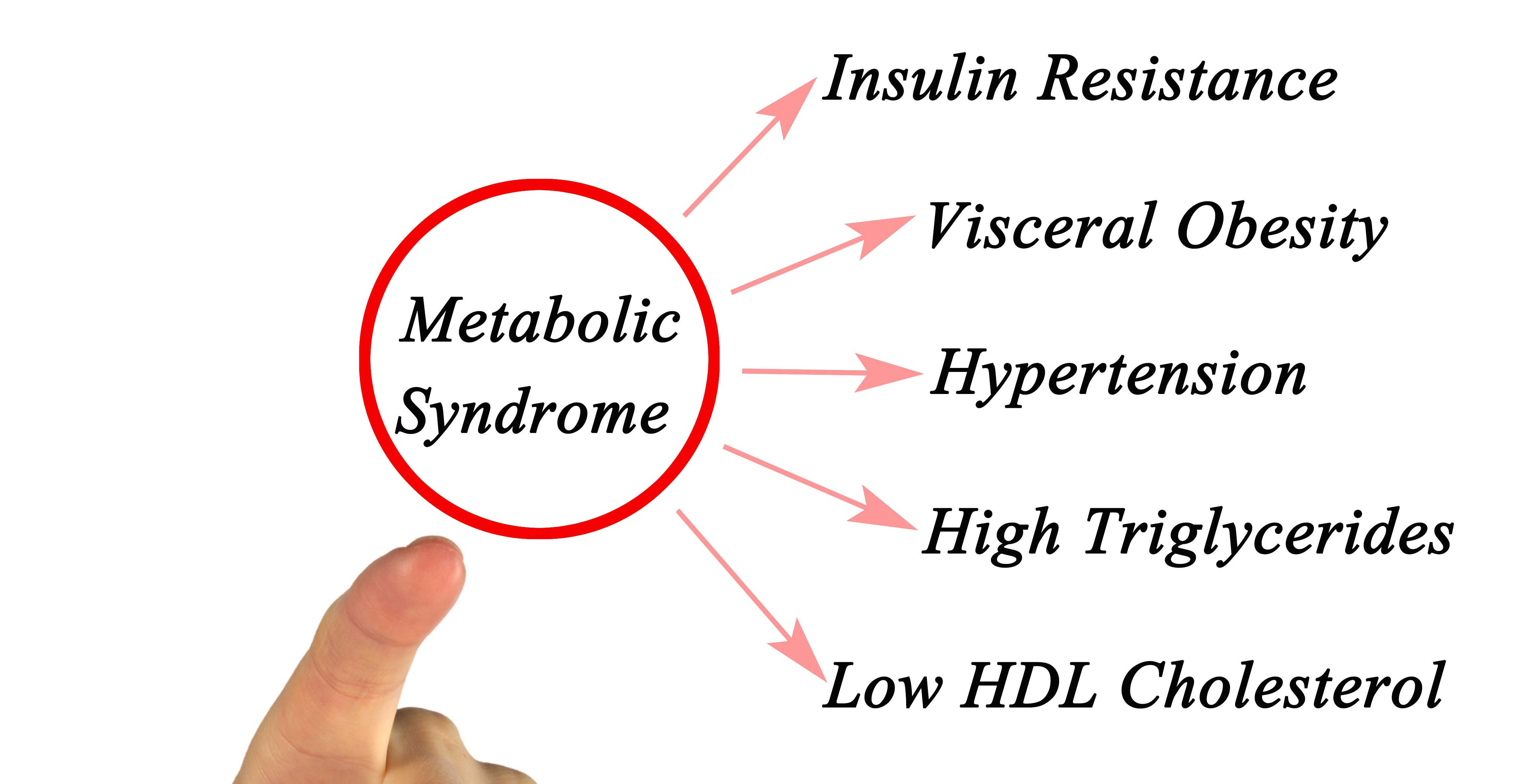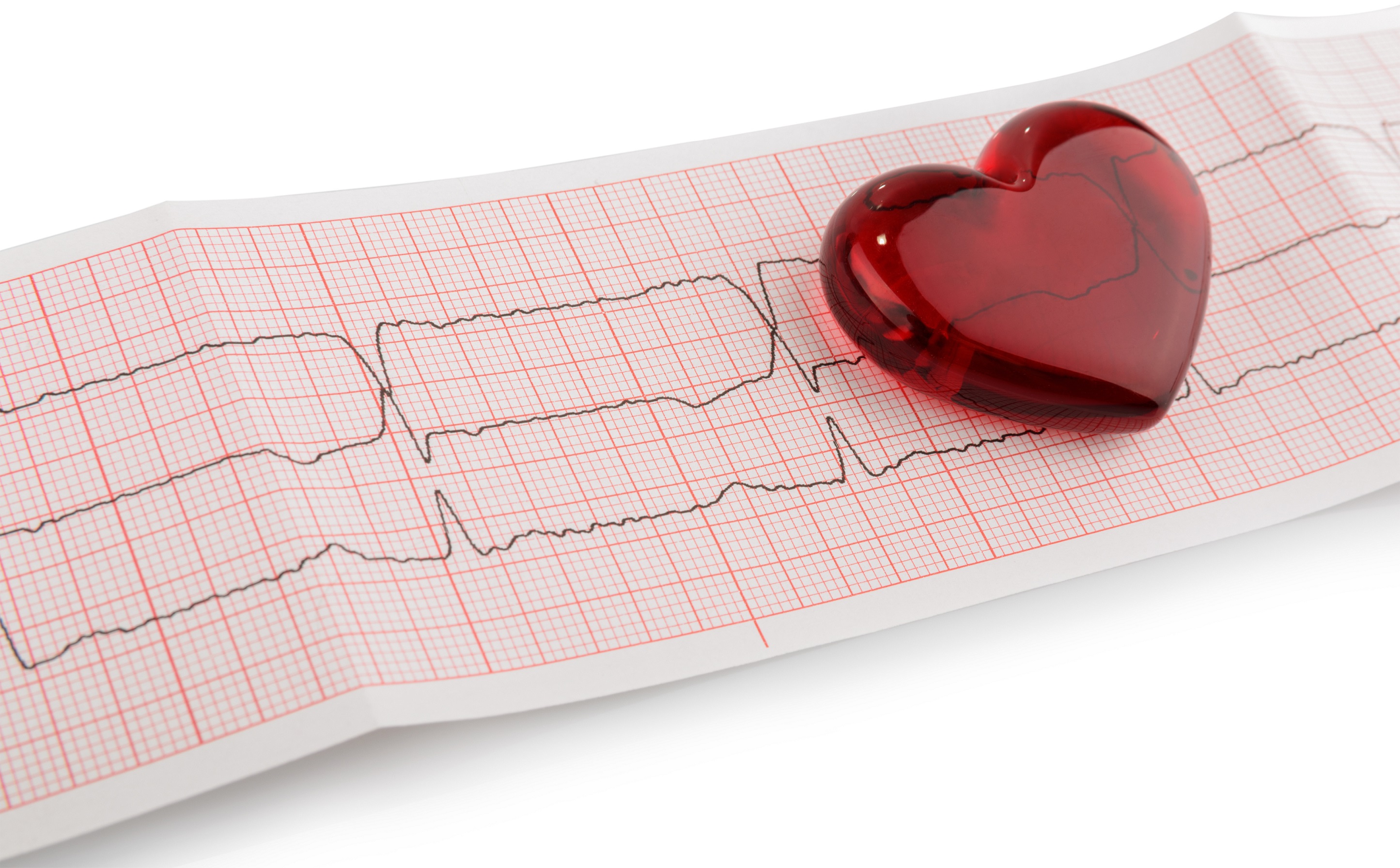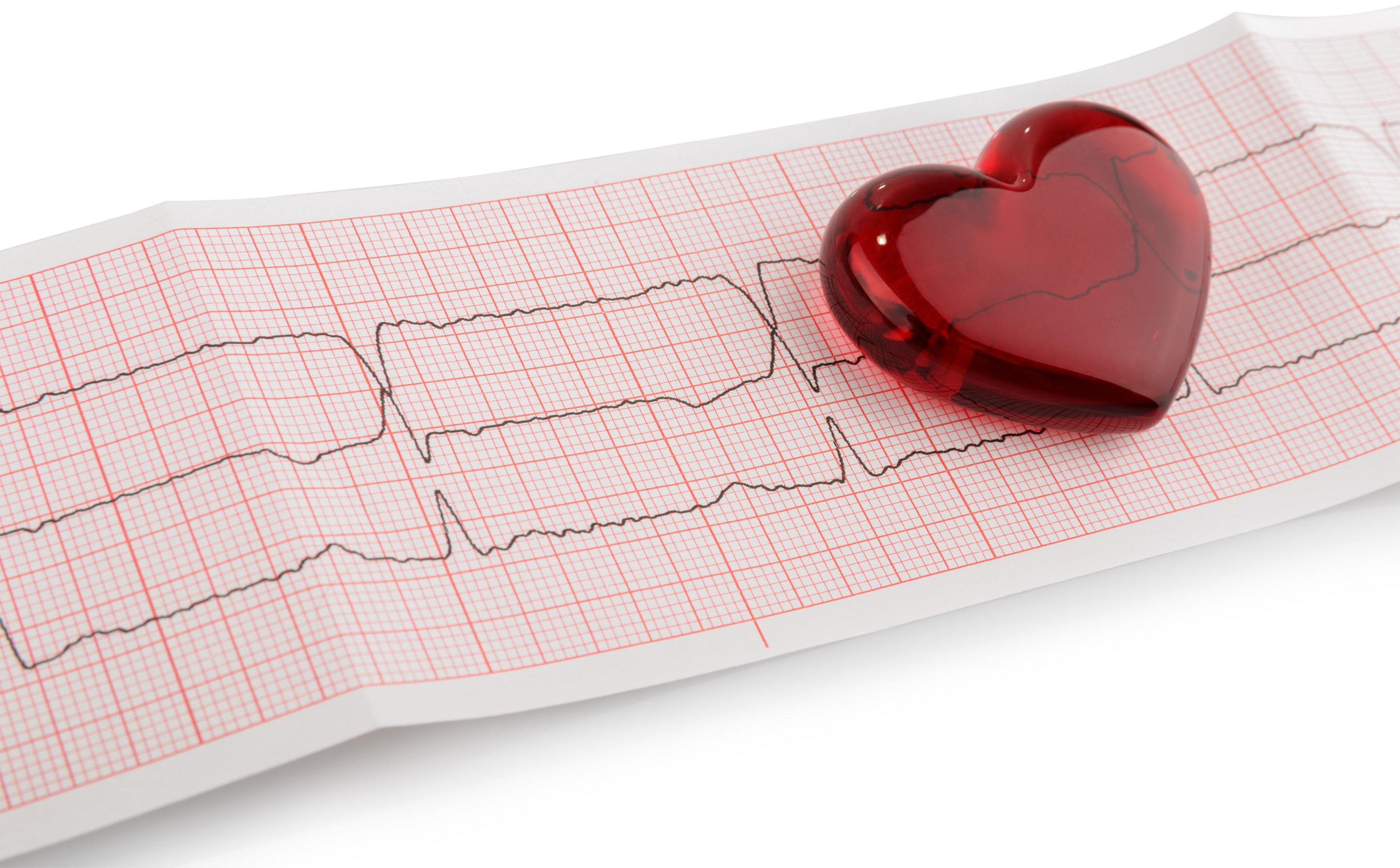Topics tagged with "Cardiometabolic"

Obesity
What is obesity and PTSD? People with mental disorders often have increased rates of physical disorders, including obesity. This may be due to genetic factors, lifestyle choices, and metabolic effects of psychotropic medications. Obesity is defined as abnormal or excessive fat accumulation that presents a risk to health. A crude population measure of obesity is the body mass index (BMI), which is a person’s weight divided by the square of his or her height. A person with a BMI of 30 or more is generally considered obese. Being obese is a major risk factor for diabetes, cardiovascular diseases, and cancer….

Metabolic syndrome
What is metabolic syndrome and PTSD? People with mental disorders often have increased rates of physical disorders, including metabolic syndrome. This syndrome is a risk factor for diabetes and cardiovascular diseases and is defined as a clustering of at least three abnormalities. These include obesity, high blood pressure, high blood triglycerides, low levels of high-density lipoprotein (HDL) cholesterol, and insulin resistance. Any increased risk of metabolic syndrome may be the result of unhealthy lifestyle factors, genetics, and factors associated with medications. What is the evidence for metabolic syndrome? High quality evidence finds a small to medium-sized increased risk of metabolic…

Heart disease
What is heart disease and PTSD? People with mental disorders often show increased rates of co-occurring physical conditions such as heart disease. An increased risk of heart disease in people with PTSD may be a consequence of the disorder itself, as it is associated with dysfunction of the immunological system and excess inflammation. This in turn is associated with significant cardiovascular health problems. Unhealthy lifestyle factors such as smoking and poor diet may also contribute to any increased risk of heart disease. What is the evidence for heart disease? High quality evidence finds a small increased risk of coronary heart…

Diabetes
What is diabetes and PTSD? Diabetes is a state of impaired insulin function, either as a result of reduced insulin production (type 1 diabetes) or reduced insulin responsiveness (type 2 diabetes). Insulin regulates blood glucose levels, and reduced insulin function effectively increases blood glucose levels (hyperglycaemia). This is a dangerous state in the long term, and can ultimately damage the retina, kidneys, nerves, and blood vessels. It is also an established risk factor for cardiovascular diseases including coronary heart disease, major stroke subtypes, and deaths attributable to other vascular causes. Therefore, diabetes is an important comorbidity in people with mental…

Obesity
What is obesity in bipolar disorder? Obesity is defined as abnormal or excessive fat accumulation that presents a risk to health. A crude population measure of obesity is the body mass index (BMI), which is a person’s weight divided by the square of his or her height. A person with a BMI of 30 or more on metric measures is generally considered obese. Being obese is a major risk factor for diabetes, cardiovascular diseases and cancer. People with a severe mental illness are at increased risk of obesity, which may be due to genetic and/or socio-economic factors, lifestyle choices, and…

Metabolic syndrome
What is metabolic syndrome in bipolar disorder? Metabolic syndrome is defined by a clustering of at least three interrelated abnormalities including abdominal obesity, hyperglycemia, hypertension, high triglycerides, or low high-density lipoprotein (HDL) cholesterol levels. Metabolic syndrome increases the risk of diabetes and heart disease. What is the evidence for comorbid metabolic syndrome? Moderate to high quality evidence finds the prevalence of metabolic syndrome in people with bipolar disorder is around 37%. Rates were highest in New Zealand, Australia and North America, in people treated with antipsychotics, and in older people. Compared to people without the disorder matched to people with…

Diabetes
What is diabetes in bipolar disorder? People with bipolar disorder may show increased rates of unrelated co-occurring illnesses, one example is diabetes. Diabetes is a state of impaired insulin function, either as a result of reduced insulin production (type I diabetes) or reduced insulin responsiveness (type II diabetes). Insulin regulates blood glucose levels, and reduced insulin function effectively increases blood glucose levels (hyperglycaemia). This is a dangerous state in the long term, and can ultimately damage the retina, kidneys, nerves and blood vessels. Consequently, effective management of diabetes is crucial. It is unclear if any increased risk in people with…

Heart disease
What is heart disease in bipolar disorder? People with bipolar disorder show increased rates of co-occurring conditions. Heart disease is a common co-occurring disorder. It is unclear if the increased risk of heart disease is a consequence of the metabolic impact of medications or unhealthy lifestyle choices, or most likely, a combination of both. What is the evidence for heart disease in people with bipolar disorder? Moderate quality evidence suggests small increased risks of cardiovascular disease, congestive heart failure, and death due to cardiovascular disease in people with the disorder compared to people without the disorder. These findings were adjusted…
Green - Topic summary is available.
Orange - Topic summary is being compiled.
Red - Topic summary has no current systematic review available.